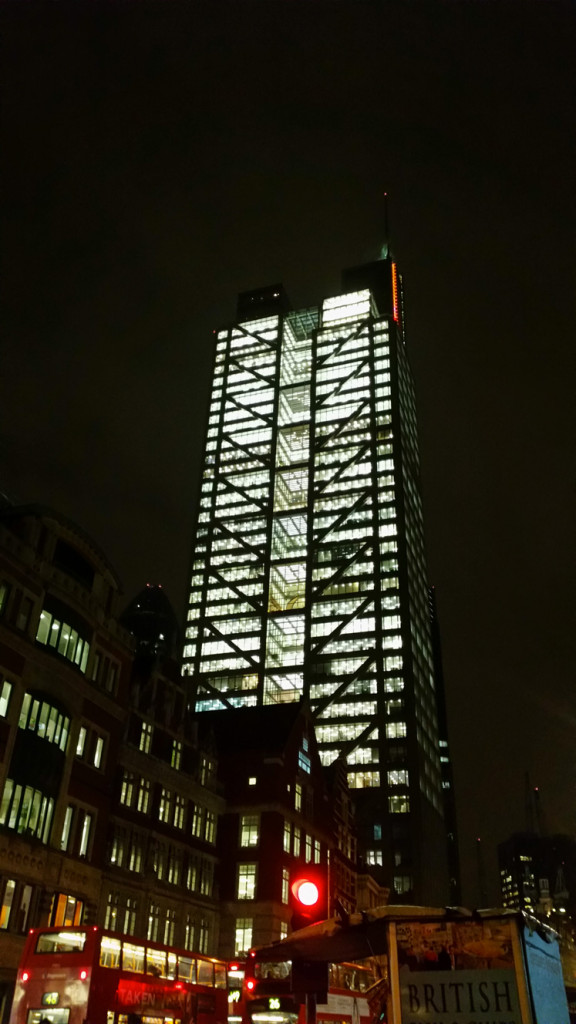Social objects for energy saving – part II
My area of interest for the social object project is how people interact with the environment, their behaviour toward energy, in particular electrical energy and their concern about energy saving.
Hence, the starting point of my research is not really sustainable design, which is a filtered way to see the issue, being a field where these concerned have already been expressed and designers applied their solutions, but ecology.
ecology
noun
1.
the branch of biology dealing with the relations and interactions between organisms and their environment, including other organisms.
2.
Also called human ecology. the branch of sociology concerned with the spacing and interdependence of people and institutions.
Ecology. Dictionary.com Unabridged. Random House, Inc.
My concern is to make people aware and more responsible. Engineers are brilliantly discovering always more ways to produce electric energy, such as this convertor from litter to electricity:
Many others are developing new renewable sources of energy such as geothermal energy, solar energy, wind energy, bioenergy, hydropower, ocean energy, hydrogen and fuel cells and green power. Whereas, my aim is to take care somehow of the other end of the process, not the production, but the saving of energy, reducing its waste. The outcome doesn’t have to be necessarily a technological improvement, it might be just a device acting on people awareness.

This above is a photo which I took few weeks ago at the Heron Tower in Bishopsgate, London, around 8pm. Being almost exclusively an office building, I reckon that most of the offices were empty by that time. That was an excessive case, where literally every light was switched on (which attired me to the point of taking a picture), I must say that usually not all the lights are on. However, I believe that most the lights are not really needed, especially in this kind of public structures, where light switches are often centralised.